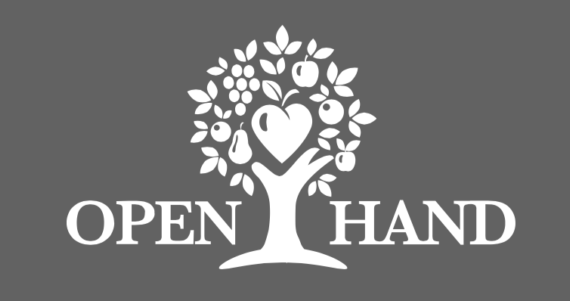GRA Positions, Open Hand Atlanta
Category : Student Opportunities
Our team works closely with Open Hand Atlanta to evaluate their food security and nutrition programs in metro Atlanta and across Georgia. We are looking for enthusiastic and outgoing Atlanta based data collectors to support in person qualitative and survey data collection, data management and analysis as well as report writing several of these projects. This opportunity can serve to fulfill practicum requirements or provide data or other activities to fulfill a thesis.
Job Description
Our team has paid GRA positions available with our Open Hand Atlanta Evaluation partnership. One GRA position is available immediately for a REAL eligible MPH student, several other GRA positions will be available this summer. GRAs can choose from several evaluation projects and be involved in different types of program evaluation activities including M&E plan development, tool development / revision; data management; qualitative data collection and analysis, survey data collection and analysis, support with grant writing, report writing, developing infographics, etc. As students develop a relationship with a particular project they are able to take on leadership and management activities as well. This is a great opportunity to develop skills, work with Atlanta communities and a great community partner and get paid! I am prioritizing first year MPH and MDP students. Students that succeed in this work have strong interpersonal skills, take initiative, are flexible and able to work independently. The different evaluations we currently work on with Open Hand and our GRA needs for these are detailed below.
Produce Prescription Programs — this 6-month program works with healthcare partners in metro Atlanta and hospital systems in south GA to provide produce vouchers, interactive cooking and nutrition education, and social support to reduce food insecurity, enhance nutrition and mitigate chronic disease risk. Seeking — 1 GRA with reliable access to transportation to support survey and qualitative data collection, data analysis and report writing. Metro Atlanta travel required; travel to south GA optional. Availability between the hours of 10:30am – 1pm on Tuesdays, Wednesdays, or Thursdays is ideal. This would be an excellent practicum / thesis opportunity!
Cooking Matters Kids and Teens (CMKT) – our team manages the state-wide data for Open Hand’s CMKT program which empowers youth with interactive cooking, food literacy and nutrition education. Seeking – 1 GRA to take over from a current second year. GRA manages all data entry, data management, analysis and reporting to Open Hand. This work is 100% remote with the exception of occasional travel to Open Hand’s office to pick up surveys.
WIC – Cooking Matters – provides interactive cooking and nutrition education sessions in Women, Infants, & Children (WIC) clinics in 2 GA public health districts. Current evaluation activities involve management and analysis of data and report writing. Seeking – 1 GRA to support data management, analysis and reporting. All activities are currently remote but we anticipate returning to in-person data collection in the near future, pending COVID rates. At that time, we will likely take on additional GRAs to support data collection. There is the opportunity to analyze data from previous years for the purpose of producing a thesis or manuscript.
Fresh MARTA markets – Emory is the evaluator for the Fresh MARTA markets program implemented by Open Hand, Common Markets, and MARTA. Seeking: 2-3 GRAs to support tool refinement, data collection, data management, data analysis and report writing from July-October. There is also the opportunity to analyze data from previous years for the purpose of producing a thesis or manuscript. All data collection activities occur at MARTA stations across the city so GRAs must have reliable access to transportation or MARTA.
Public Health Competencies: 2. Select quantitative and qualitative data collection methods appropriate for a given public health context, 3. Analyze quantitative and qualitative data using biostatistics, informatics, computer-based programming and software as appropriate, 4. Interpret results of data analysis for public health research, policy or practice, 7. Assess population needs, assets and capacities that affect communities’ health, 9. Design a population-based policy, program, project or intervention, 11. Select methods to evaluate public health programs, 18. Select communication strategies for different audiences and sectors, 19. Communicate audience-appropriate public health content, both in writing and through oral presentation, 21. Perform effectively on interprofessional teams
